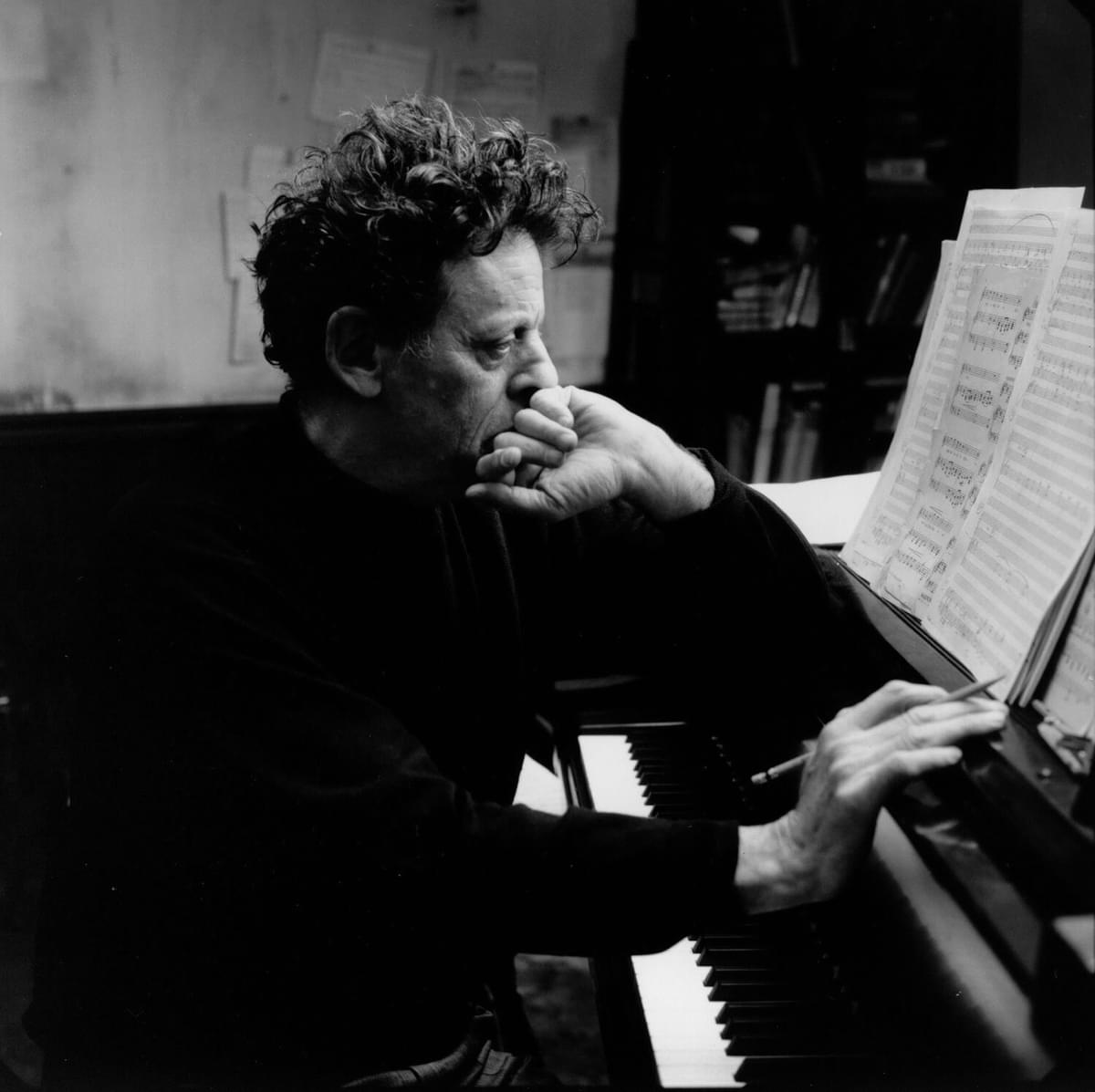
Charting the world's beauty: Philip Glass at 80 live in London
As generally-accepted maxims go, "art is subjective" may be one of the less contentious. But this reviewer would take a bullet for the view that objectively, there are few more beautiful films in this world than Koyaanisqatsi.
On paper, a non-narrative tone poem comprised entirely of time-distorted footage, then soundtracked by a heralded avant-garde musician sounds more pretentious than a dinner date with Will Self. In reality, the first collaboration between experimental documentary maker Godfrey Reggio and taxi driver-turned-modernist composer Philip Glass proved to be a kinetic, thoroughly mesmerising love letter to America, its landscapes, its industry and its people.
Over the subsequent 35 years Reggio and Glass have worked together on a number of projects, the most recent being 2013's Visitors, which tonight received its belated UK premiere in honour of the composer's 80th birthday. From the very first moments, the auteurial stamp of Reggio is readily apparent, but it’s also clear will be a markedly different experience to his previous work. Filmed entirely in black-and-white (eschewing the vibrant, memorable colours of his debut), the movie comprises of only 74 cuts over the course of 87 minutes, focusing primarily on faces captured in graceful, glacial slow-motion. From a female lowland gorilla, to elderly men with the woes and indignities of the world written across their face, to an enthusiastic girl communicating in American sign language, the film is full of individually striking images that demand attention despite their monochrome simplicity.
But sadly, Visitors mis-steps on several occasions. A sequence involving hands drags on interminably. Another, involving an audience responding to something on an unseen stage works better in theory than in practice, coming across as contrived in a film that purports to capture the authentic. Unlike Koyaanisqatsi (and to a lesser extent, its sequels), there also doesn't seem to be much flow or coherence to the whole, and by the end, you can audibly hear the yawns - and even the occasional snore- from the less forgiving critics in the audience.
Yet even if the visuals lose our attention at times, they fail to diminish the power and dignity of the musical score, ably performed here by the BBC Symphony Orchestra. Like all of Reggio's films, Glass' undulating compositions aren't mere ornamentation but an integral, indivisible part of the experience. His style, referred to as "minimalism", strikes one as misleading- it relies on repetitive structures, sure, but in no way is it clinical, sparse, or any of the other cliches associated with that genre. The swirling waves of arpeggios may be more muted than usual in deference of the film's overall understatedness, but there are more than a few moments where the vitality of Glass’ style is given free rein, with lashings of harp and percussion.
Visitors, then, is no Koyaanisqatsi. It’s a noble failure with a fantastic soundtrack, full of individual moments of beauty that never coheres into something greater (or even equal) than the sum of its parts. But it does, at least, end on a high note, as we watch a lunar rover observe our tiny, inconsequential planet slowly rise over the horizon - a perfect and poignant full-stop to a career charting the unostentatious beauty of the world we live on.
- Megan Thee Stallion announces new single, "Whenever"
- Adam Granduciel of The War on Drugs joins Sam Fender at Coachella
- Matt Berninger joins forces with Hand Habits on "Breaking Into Acting"
- Aziya releases new track, "diamonds"
- Kathryn Joseph shares new album preview, "DEER."
- Jacob Alon shares new track, "August Moon"
- Aitch announces second album, 4
Get the Best Fit take on the week in music direct to your inbox every Friday

Tunde Adebimpe
Thee Black Boltz

Julien Baker & TORRES
Send A Prayer My Way

Bon Iver
SABLE, fABLE





